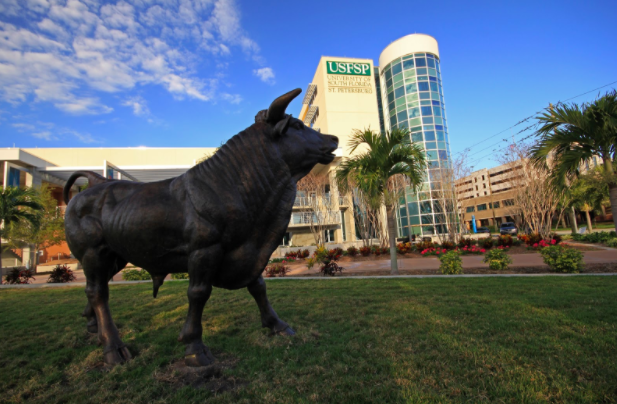By Antonio D Fazzalari
Have you ever considered why you are pursuing a college education? Was it perhaps established as the only sensible course of action following high school during your childhood? Or maybe higher education is necessary for your future career?
Regardless of the forces which propelled you into the realm of high-academia, college stands as an expensive, and often times intensive, investment. Let us take a look at the monetary and non-monetary value of pursuing a higher-education, and the opportunity cost of entering the workforce with nothing but a high school diploma.
The average salary of a person with a high school diploma and no college experience is $35,984, with an unemployment rate of 5.2 percent, according to the Bureau of Labor Statistics.
For individuals with a bachelor’s degree, the average salary they can expect is $60,112, with an unemployment rate of 2.7 percent.
While the large disparity between the two average incomes may be enough to reaffirm any degree-seeking student that they are on the right course, it is important to consider both the opportunity cost of attending college and the cost of tuition before celebrating.
How expensive, then, is a college education? Well, according to the University of South Florida St. Petersburg campus, the undergraduate tuition cost for one credit hour is $193.70 for in-state students and $557.52 for out of state students.
Assuming that a student has afforded their education by way of loans, by the time an in-state student has completed their 120 credit hours necessary for a USFSP bachelor’s degree, they will have accumulated $23,244 in student debt, not to mention the costs of housing, food and textbooks.
Furthermore, the opportunity cost of pursuing a college education is foregoing four years of wages as a full-time worker with a high school diploma, which would equate to $143,936. What this means is that the monetary cost of seeking a bachelor’s degree at USF St. Petersburg is $164,268.
Before you forsake your college education to join the workforce and redeem yourself, it is important to note that a college education comes with certain non-monetary benefits.
College graduates, as compared to their high school diploma counterparts, are statistically more likely to vote, engage in voluntarism, practice understanding, and lead a healthier lifestyle, often times carrying over well into their 70s.
According to Inside Higher Education, some 60 percent of college graduates age 25-34 reported exercising intensely once or more per week, while only 31 percent of their high school diploma counterparts reported doing the same.
Also of significant importance is the long-term monetary benefits of pursuing a college education. The typical lifetime earnings of a college graduate equates to some $800,000 more than their high school diploma counterpart, a number which increases with furthered education beyond a bachelor’s degree.
While the prospect of hundreds of thousands of dollars added onto your paychecks seems enough to convince anyone that a college education is worth it, it is important to note that, due to the $164,268 of debt accumulated while pursuing a bachelor’s degree, it takes the average USF St. Petersburg college graduate roughly 7 years to catch up to the average full-time worker with a high school diploma and no college education.
When it comes to pursuing a college education, it is not so much a matter of right or wrong, but of the intention behind seeking a college education and how one plans to use the education to their benefit.
The reason it is important to know both the monetary costs, and the non-monetary costs seeking a degree is so that one may make the decision for oneself, logically and rationally tailored to their desires and ambitions. Consider once more why you pursue a college education. What have you found?
Information from Mike Patton’s The Cost of College: Yesterday, today, and tomorrow, U.S. Bureau of Labor Statistics and Elia Powers’ The (Non-Mandatory) value of a college degree were used in this op-ed.
Header photo courtesy of USFSP



